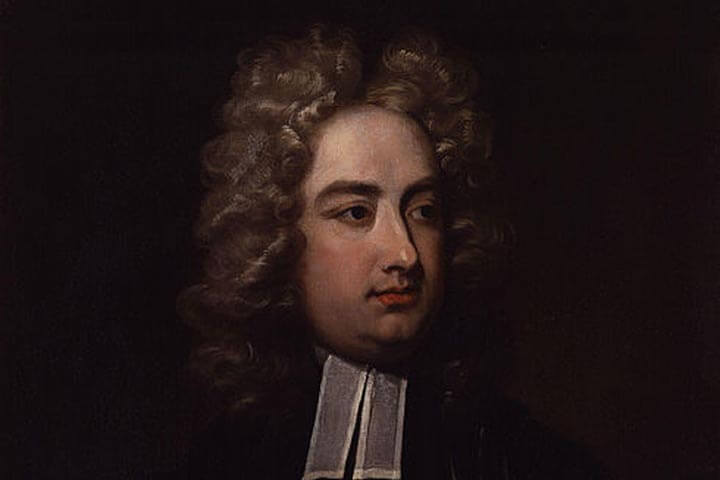BODY IDEAS AND POLITICAL COMMUNITIES IN VOEGELIN’S EARLY WORK BARCELONA, DECEMBER 16-17 2022

BODY IDEAS AND POLITICAL COMMUNITIES IN VOEGELIN’S EARLY WORK BARCELONA, DECEMBER 16-17, 2022
Organized by: Eric-Voegelin-Gesellschaft; Societat Catalana de Filosofia (Institut d’Estudis Catalans); Universitat Internacional de Catalunya; Universitat de Barcelona
Coordination: Bernat Torres ([email protected])
Voegelin’s work is deeply concerned with the understanding of political reality. In his early phase (during the 1920s and 30s), this concern takes the direction of the study of body ideas (Leibideen) as a fundamental aspect of the constitution of a political science or theory of Government (Staatslehre) (Autobiographical reflections, 66), a project interrupted by Voegelin’s exile in the USA in 1938 and thereafter resumed under other forms. The understanding of political communities as an embodied entities and the study of their unity (the unity of the state or the People (Volk)) are of central importance in understanding Voegelin’s work. The study of the body ideas also included in the early years the notion of race, considered as the present decay of the body ideas cultivated in Europe and specially in Germany through the XVIII and XIX centuries; both the study of the body ideas and race constitute an attempt to provide political science (Staatslehre) with a “full image of man” (Race and State, 1), that is, with a philosophical anthropology. This particular study gave birth in 1933 to two books: Rasse und Staat and Die Rassenidee in der Geistesgeschichte von Ray bis Carus. These studies had an important impact in the academic world (as the responses of Arendt, Plessner or Gehlen, among others, reflect). The two books develop important insights which are worth of attention and should be compared with the later development of Voegelin’s thought. As shown in his later works, the material constituents of reality are essential to fully understand human condition and its experience (See Anamnesis).
Under the title Body Ideas and Political Communities in Voegelin’s early work, we plan to hold a conference in Barcelona the 16th and the 17th of December 2022. We welcome contributions in English and German from the main Voegelin-related institutions and groups and also from experts on the study of the body and/or race as embodiment of political ideas in contemporary philosophy. Presentations will last 30 minutes plus 15 minutes of discussion. A short abstract and a title should be sent until April 30th 2022. Following the approval from the editorial board, 8 speakers will be welcomed to the Conference and the revised contributions are deemed to be published in the 3rd issue of the Voegelin Studies Yearbook (VSY 3) Brill/Wilhelm Fink 2023.
The initiative will be hosted by the Societat Catalana de Filosofia (Catalan Philosophical Society), the Universitat Internacional de Catalunya and its Humanities Department and the University of Barcelona and its Philosophy Department. Accommodation will be provided for the foreigner speakers. As a guidance, presentations may include, among others, the following topics:
Biographical aspects of Voegelin’s early production until his exile in the late 30s.
The centrality of the body ideas (Leibideen) as a constituent of Voegelin’s project of a theory of government or political science (Staatslehre), with special regard to the material foundation of human experiences and its epistemological and anthropological relevance.
Historical development of the relation of body ideas to biology through the XVIII end XIX centuries according to Voegelin’s historical reconstruction.
Voegelin’s conception of race in contrast and/or agreement with other discussions or theories during the first half of the XX century.
Aspects surrounding the body or the theory of embodiment coming from contemporary authors that allow a confrontation and a better understanding of Voegelin’s position.




